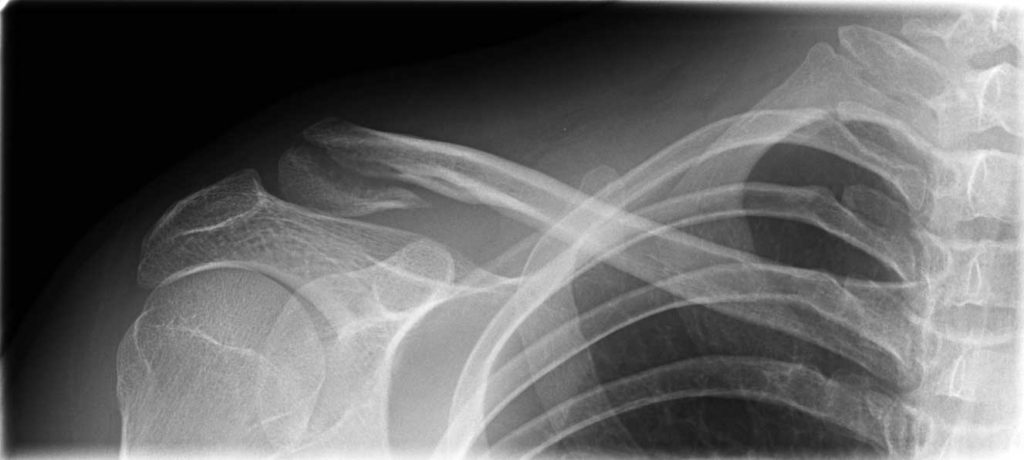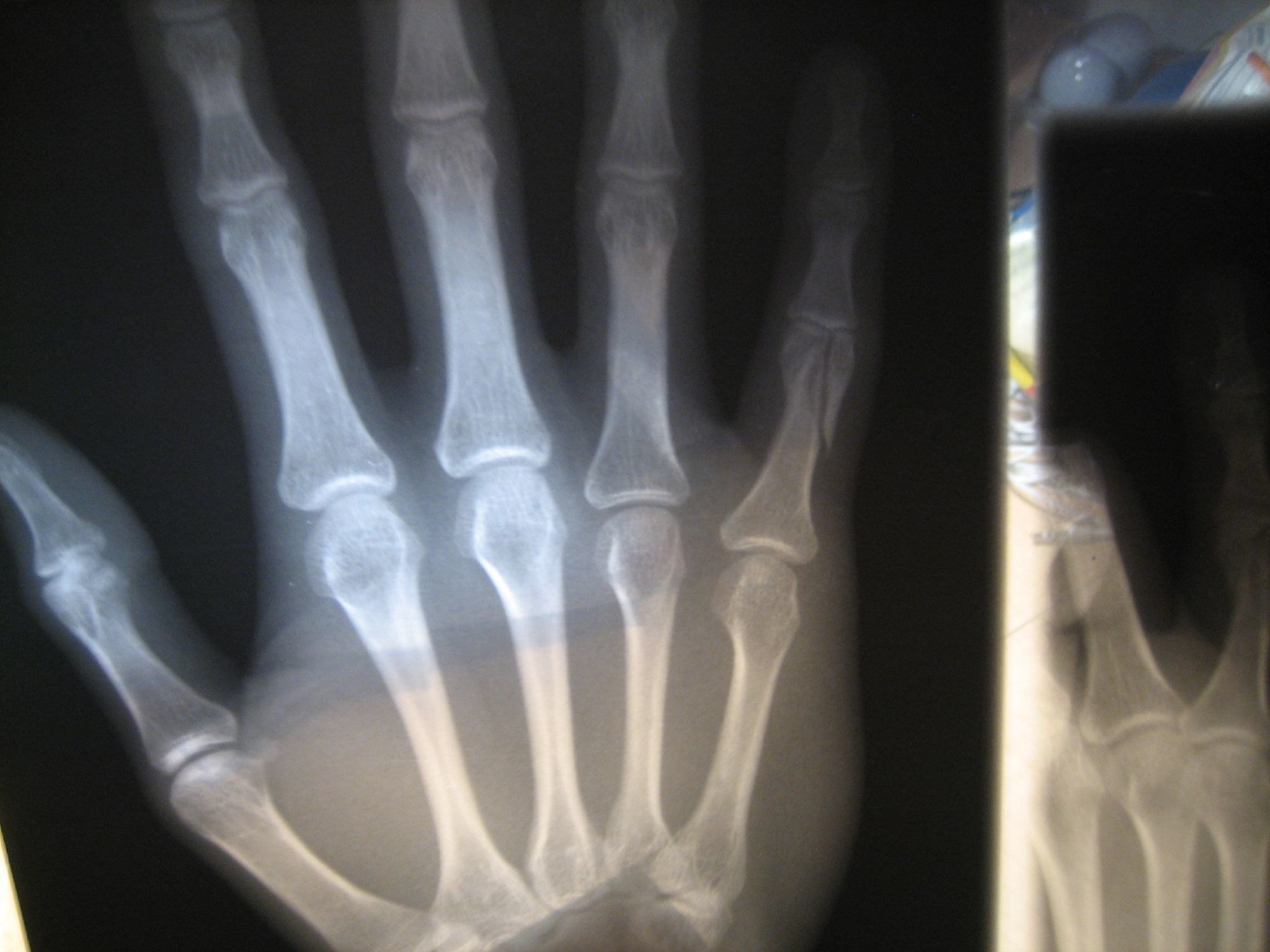After a serious accident such as a fall, or a car accident, fractures or broken bones are not uncommon. Yet studies show that up to 20% of fractures may be missed when the patient initially visits the hospital. Doctors tend to trust X-rays, but these images don’t always tell the whole story behind an injury, and fractures can often be missed when viewing an x-ray alone.
If a fracture is misdiagnosed, or not diagnosed in a timely fashion, it can cause long-lasting physical pain and discomfort. Doctors have long known that many fractures are invisible on x-rays, yet continue to ignore patients’ symptoms and complaints. If your doctor or medical practice misdiagnosed your fracture, then you may have the right to file a medical malpractice lawsuit. The attorneys at Thistle Law can offer you a free consultation to help you determine if you have a case.
Table of Contents
How Do You Confirm a Fracture?
Like a regular broken bone, doctors primarily rely on imaging tests to diagnose a fracture. These may include:
- X-rays: Doctors typically turn to x-rays first to get a 2-dimensional picture of the affected bone
- Bone scan: Bone scans can pick up small fractures that don’t show up on a normal x-ray. Bone scans usually require multiple visits to the hospital, and are much more time consuming than an x-ray
- MRI: MRI’s can offer a detailed look inside the body, and are one of the best tools for diagnosing stress fractures
- CT scan: A CT scan combines x-rays with computers to create detailed slices and cross-sections of a bone
Doctors have a multitude of tools at their disposal to diagnose a fracture but are often content to view an x-ray and make decisions based on that one image.

How Can You Tell if You Have a Fracture Without an X-ray?
You may suspect that you have a fracture, even if the hospital sends you home without diagnosing one. Common symptoms of a fracture include:
- Bruising: Bruising can happen anytime there is an injury to the tissue causing blood to leak from capillaries. Fractures can cause blood to leak out of a broken bone, leaving bruises
- Swelling: Leaking fluid like blood can also cause the surrounding tissue to swell up, in addition to bruising
- Deformation: Fractures can cause bones to be bent, or move out of place. If the injury causes the limb or digit to look deformed, there is a good chance the bone has broken or fractured
bone
What Happens if a Fracture Is Misdiagnosed?
Fractures are most often misdiagnosed when:
- An x-ray is never performed
- The radiologist or doctor looking at the x-ray misses the fracture
- An x-ray doesn’t show the fracture
These situations can arise for a number of reasons. But no no matter the reason, when a fracture is misdiagnosed that means it will inevitably go untreated. This can cause the bone to heal on its own, typically out of alignment. Surgery may be necessary to correct the misalignment, and tragically the damage may often be permanent and irreversible.

What Happens if a Doctor Misdiagnosed You?
If your bone fracture was misdiagnosed, you may be eligible to file a medical malpractice lawsuit. Negligent medical care can stem from a variety of causes, such as misreading an x-ray, failing to properly consult with the patient or failure to refer to a specialist when needed. Of course, making an incorrect diagnosis in and of itself is not necessarily medical malpractice, as mistakes are bound to happen in any field.
In order to bring a successful lawsuit for a misdiagnosed fracture, you will need to prove medical negligence on the part of your doctor or health care provider. All doctors are required to provide a “duty of care” to their patients, meaning they must meet the medical profession’s minimum standards. If a medical practitioner does not meet these minimum requirements, this can constitute medical malpractice. The attorneys at Thistle Law can discuss the particulars of your case with you, and help you determine if medical negligence was responsible for your fracture being misdiagnosed. Call us today for a free consultation at 215-525-6824 or fill out our form here.

Dan Thistle grew up in Montgomery County, Pennsylvania and is a graduate of St. Joseph’s Preparatory School and the University of Pennsylvania. After graduating from Penn, Dan followed in his father’s footsteps and attended the Villanova University School of Law. In October, 2006, he was privileged to join him as a member of The Thistle Law Firm.

